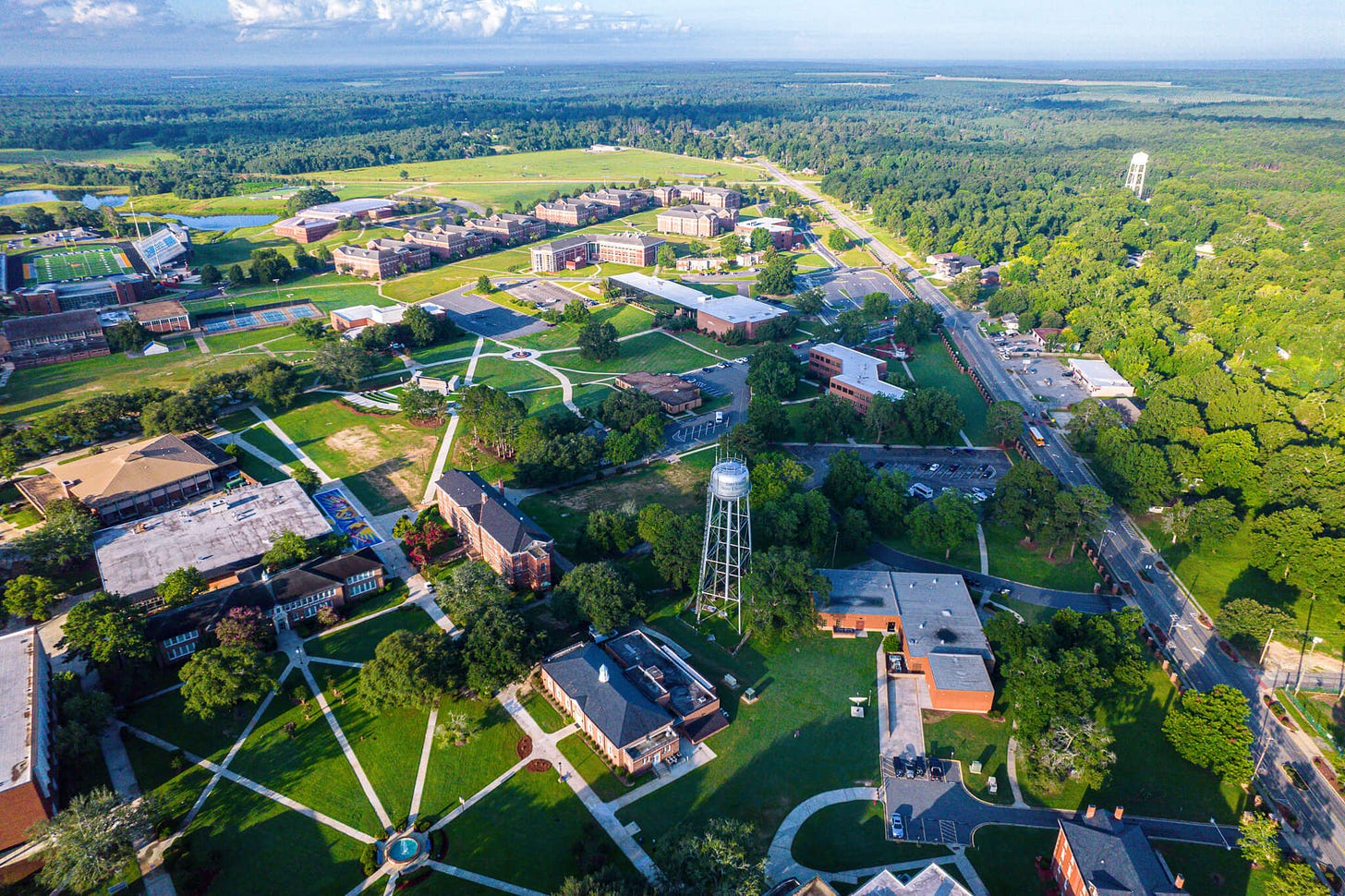Higher Ed Dive: Georgia System Sued Over Alleged Underfunding of Three Public HBCUs
From Higher Ed Dive
For decades, state governments have unevenly funded some historically Black institutions by not matching federal grants designated for them — a legal requirement under laws establishing land-grant institutions. Land-grants were established to promote agricultural and technical education.
One of the nation’s 19 public land-grant HBCUs, Tennessee State University, attracted attention for this issue after a 2021 audit revealed the state may have shortchanged it by as much as $544 million over several decades.
Recently, the other public land-grant HBCUs have been in the spotlight. The Biden administration last month sent letters to 16 governors across the political spectrum informing them their states had deprived their public land-grant HBCUs of collectively more than $12 billion in funding over 30-plus years. This was the first time the federal government ever tried to quantify financial discrimination against the HBCUs.
Georgia’s Republican governor, Brian Kemp, received one such letter, which argued Fort Valley State University should have gotten an additional $603 million in state money over those decades.
The letter did not reference the other two colleges in the new lawsuit, Albany State or Savannah State, neither of which are land-grant institutions.
The complaint argued the alleged funding prejudice by state and system officials violated federal civil rights law and the Constitution. The trio accused the system and state of a range of discriminatory practices, from historically White institutions duplicating HBCU academic programs to failing “to enlarge Georgia’s public HBCUs’ brand beyond their race-based identity.”
Georgia has an obligation under federal law to not replicate HBCU programs, the lawsuit says. However, it alleged that the traditionally White institution Middle Georgia State University offers more than half of the same “non-core” programs as nearby Fort Valley State.




